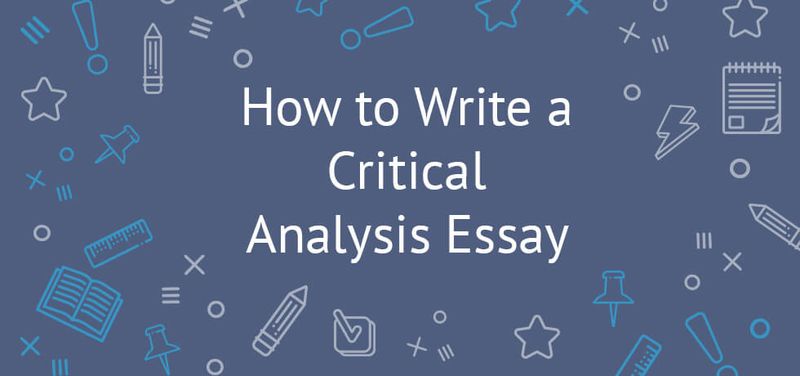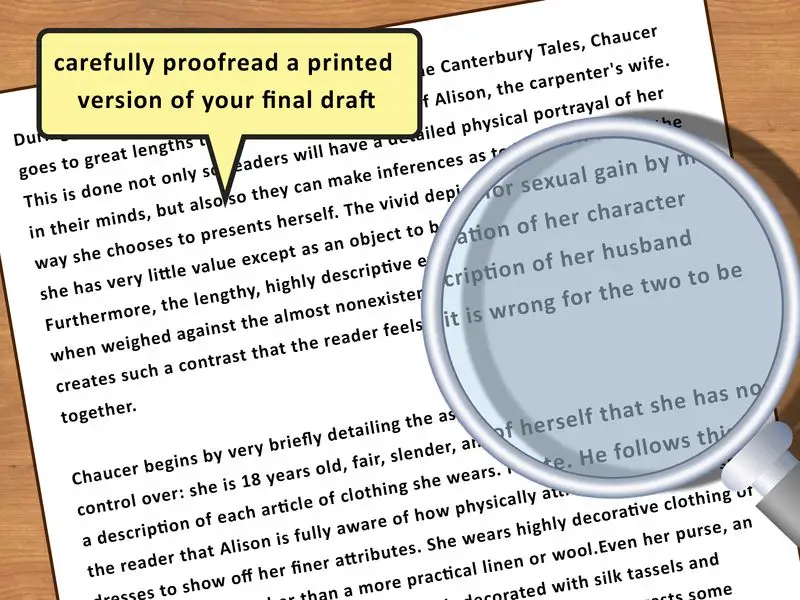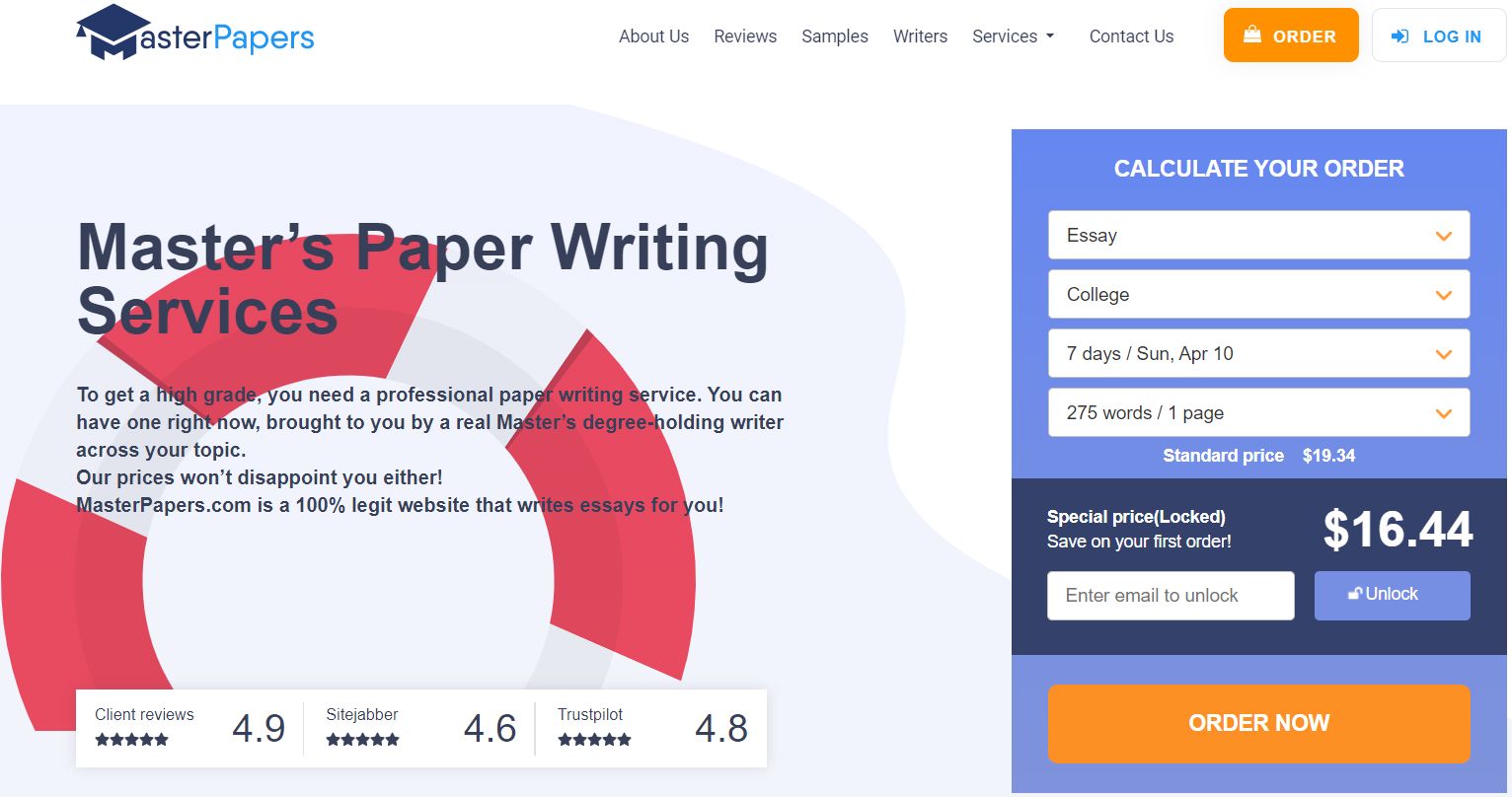How to Write a Critique Essay
Publication Date: 16 May 2022
What is a Critique Essay?
One shouldn’t confuse a critique essay with the word ‘criticize’. It is a very primitive, though very popular understanding of the critique essay.
A critique essay is a holistic analytical work, an expert opinion, which is based on an objective and professional analysis of a research, literary or artistic work. The subject of a critique essay can be an abstract, an article, a monograph, an essay, a master’s thesis, a course or diploma project, etc.
The term ‘critique’ has Latin roots and means ‘consideration, review of something’, therefore the main task of the writer is to evaluate the work, its merits, and demerits.
The main thing when writing a critique essay is objectivity, fairness, and impartiality.

How to Begin Writing a Critique Essay?
Before starting work, the writer must carefully study the material. Depending on the purpose of writing a critique essay, different styles can be used: narrative or scientific. The main type of speech is reasoning, the presentation of the material is carried out exclusively in a restrained tone, without excessive emotionality.
What Should be the Focus of a Critique Essay?
To properly write a critique essay, the following evaluation criteria are taken into account:
- The overall impression from the subject – pleasant/unpleasant, strong/weak, whole/fragmented;
- The plot – is it logical, does it contain unnecessary elements;
- Narration – slow/dynamic, consistent/jagged, logical/meaningless;
- Characters – whether they cause sympathy/disgust, how detailed they are;
- Reliability – whether the laws of nature/physics/logic are observed in the plot, whether the details/objects correspond to the described time;
- Relevance – how relevant the topic is;
- Stylistics – whether the language makes the piece of art more interesting or, on the contrary, is poor and turns the text into a tedious instruction for a freshener;
- Psychology – whether the motivation of the characters for their actions is strong enough, how standard/unpredictable they behave;
- Display – whether the author describes the scenes of action sufficiently so that the reader can clearly imagine them, whether the author clearly conveys the main idea to the reader;
- Blunders – if errors are found in the plot or construction of the text;
- Social significance – when the work touches on public issues, the writer should focus on them and evaluate the degree of importance;
- Additional pluses – whether the work contains other value than as a literary masterpiece (for example, as a source of useful information);
- Personal feelings – liked/disliked, what feelings remained, what thoughts arose.
How to Write a Critique Essay?
The writer of a critique essay should master the material at least as well as its author. Grammatical, stylistic, and other errors are usually not the focus of a critique essay.
However, to avoid being seen as an unskilled writer, a student should definitely check all literary, scientific, technical, and other terms used in the subject of the critique essay – including how they are written and what they mean. Scientists are convinced that, while criticizing other people’s factual errors, writers do not mold their own.
Carefully check the names of the heroes, events, places, and objects. It is enough to call the hero a Centurian instead of a Centurion – and the professor has the right to say: ‘Yes, this student didn’t read the book at all!’ The credibility of the critique essay will be undermined.
Watch the style. Colloquial speech and jargon are out of place in a critique essay in a graduate-level class. Professional terms are hardly suitable for material in a glamorous magazine, but they do not interfere with internal reviews and are absolutely necessary for a specialized publication. Stationery is required only for official notes. An essay will not do without filigree work on the language. At the same time, a blog post can be rude, vulgar, and deliberately full of mistakes – if only readers come to scratch their tongues, discussing these thorns.
The smaller the volume of the critique essay, the more concise and simpler the sentences should be. Students writing critique essays should avoid eloquent adverbial phrases, superfluous epithets, and complexly structured constructions. Instead, they should follow a clear thought structure; try to fit one thought into one small paragraph, etc. They should carefully and thoroughly build their reasoning. If the critique essay style does not imply a pronounced subjective position of the writer, the latter should sacrifice his feelings and thoughts in favor of pure information.
Share your opinion and objective reasoning. A book can be objectively good, but boring for a student personally, and vice versa – objectively flawed, but subjectively charming. If everyone around says that the book is brilliant, some will not be obliged to agree. Even the most respected critic should not pretend to be the supreme judge, the prophet in the literary homeland, and the ultimate truth. His opinion is only his personal, honest opinion.
The Structure of a Critique Essay
A typical plan for writing a critique essay consists of the following elements:
- Information about the author, title, etc.
- A brief retelling of the content (one or two sentences).
- An impression of what the writer (of a critique essay) has read about.
- Critical analysis: assessment of the form, content, features, and construction of the composition, the skill-set of the author, and the style of presentation. Identification of advantages and disadvantages.
- Final assessment of the entire work.
If a scientific work is the focus of a critique essay, then the structure should consist of the following items:
- Bibliographic description – title, author, place of study, or work.
- The main part:
- assessment of the relevance of the topic and the completeness of its disclosure;
- analysis of the text from the point of view of the logical structure, the sufficiency of the number of citations confirming the deep theoretical study of the issue;
- compliance of the methods used with the stated purpose of the study;
- the degree of fulfillment of the tasks set and the achievement of the goals.
- Advantages and disadvantages.
- The scientific and practical value of the work.
- Recommendations:
- according to the final assessment – for coursework, test or diplomas, review, etc.;
- about the possibility of academic publication – for articles, abstracts, reports, etc.;
- on awarding a scientific degree – for candidate and doctoral dissertations.
- Information about the author: full name, course, major, place of study/academic institution, instructor, scientific adviser.

Conclusion
Knowing how to write a good critique essay is a very useful skill, both in academia and later in one’s career. In this article, we tried to cover the definition, the key principles, elements, and structure of a high-quality critique essay. Nevertheless, students interested in improving their critique essay writing skills should seek and make good use of every possible additional help, including the state-of-the-art critique essay samples by other students and faculty members, as well as support from professional writing services.






